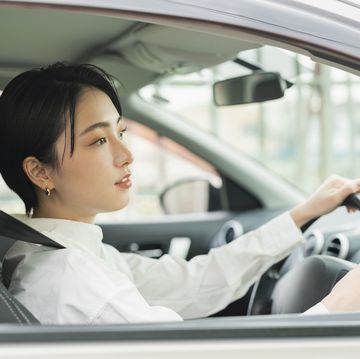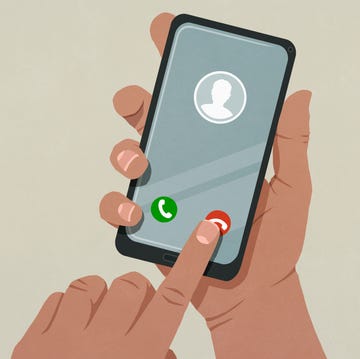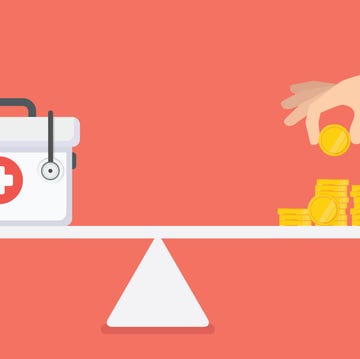More than 2.7 million people registered to vote in this year's General Election ahead of the deadline which expired on June 18.
The rush to get on the Electoral Roll started at the end of May when Rishi Sunak surprised many people by calling for a snap election.
Of the people who applied to vote, 632,863 people registered on the deadline day itself, the very last day to register in time to be able to vote in the election on 4th July. The figure was just below the 659,666 applications which were submitted before the deadline ahead of the 2019 general election.
To be able to vote in elections in the UK, you have to register to vote. Who you vote for is up to you, but if you need help with the practicalities, here’s everything you’ll need to know in advance…
How do I register to vote?
You need to register to vote in elections and referendums. If you have changed your name, address or nationality since you last voted, then you will need to register again.
The deadline for registering to vote in this year’s General Election was 11.59pm on 18 June.
If you missed that deadline, you can still apply to vote in future local and general elections. You can also register to vote using a paper form.
Once you have registered to vote, the deadline for requesting a postal vote was 5pm on Wednesday, 19 June.
If you live in England, Wales or Scotland, have already registered to vote and want to apply for a proxy vote, you must get your proxy vote application to your local Electoral Registration Office by 5pm on 26 June 2024 or you can apply online for a proxy vote by the same deadline, 5pm on 26 June 2024.
Can I vote in this year's General Election?
In order to be able to vote in this year's General Election (or any subsequent General Elections), you have to:
- be registered to vote
- be 18 or over on the day of the election (also known as ‘polling day’)
- be a British, Irish or qualifying Commonwealth citizen
- be resident at an address in the UK or living abroad and registered as an overseas voter
- not be legally excluded from voting
How do I cast my vote?
You’ll have several options when voting in the next General Election.
Voting in person
This involves turning up to a polling station and voting in person. Just before the election, you’ll be sent a poll card telling you when to vote and at which polling station (just note, you can only vote at the polling station on your card).
You don’t need to take your poll card with you on the day but you might find it useful to. You will be given a voting card or cards which you will take to a voting booth to fill out, usually by putting an X next to your preferred candidate. You will then post your vote into the ballot box to be counted once the polls close.
Do I need photo ID?
Due to recent changes in the law, you are required to bring photo ID with you to the polling station before you will be allowed to vote.
Your photo ID - which can be your passport, driving licence, PASS card, Blue Badge, Freedom Pass or many other types of ID - check the list here - has to be an original. It cannot be a photocopy, photograph or an image on a phone.
If you do not have any kind of photo ID, you can apply for a Voter Authority Certificate in England, Scotland and Wales. You have to apply by 5pm on 26 June 2024 to get a Voter Authority Certificate in time for this year's General Election.
For the General Election on 4 July, polling stations will be open from 7am – 10pm.
Voting by post
As long as you have applied to vote by post by 5pm on 19 June, you should receive a postal vote card in time for the General Election. Simply complete your vote according to the instructions given and post it in time to arrive at your Electoral Office by 10pm on 4 July.
If you’re too late to post your ballot paper, take it to your local polling station by 10pm on 4th July or your Electoral Office if you’re in Northern Ireland.
Your vote will be rejected if you do not give your ballot paper to a member of staff at the polling station or Electoral Registration Office and complete a form. Do not post your ballot paper through the letterbox of the Electoral Registration Office.
Voting by proxy
This involves asking someone to act as your ‘proxy’ and cast your vote for you if you can’t get to a polling station yourself.
The person you choose must be registered to vote, be allowed to vote in the General Election and be able to get to the polling station stated on your poll card.
Note: registering to vote should not cost you any money. If you find a site asking you to pay a fee to register, it is a scam. Always go through the official channel, which is the gov.uk website.
















